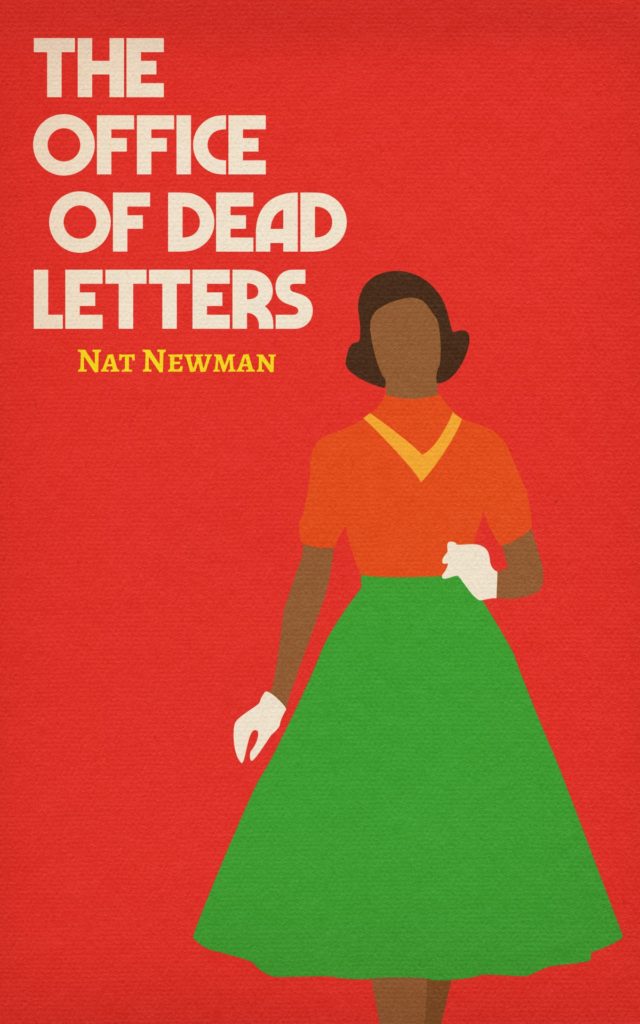Why is intellectual property relevant for SMEs and start-ups? The question sounds almost rhetorical. Of course it’s important. You have an idea or a product and you want to protect it. But as I learned from Justyna Petsch at LEAP Summit in Zagreb last week, you might need to think about IP in a more strategic way.
Justyna works for the European Observatory on Infringements of Intellectual Property Rights, within the European Union Intellectual Property Office.
She started by demonstrating just how much intellectual property we carry around with us every day. From the watch on your wrist, the label on your jacket, the tint of your sunglasses, even the shape of your shoes – all of these have been patented or protected in some way. Not to mention your phone.
“Do you know how many active patents each mobile phone has?” Justyna asked. We guessed. A few thousand was the general consensus.
“25,000,” she said. “25,000 active patents.”
Is your content yours?
As a small business owner or start up, the first thing you need to check – like, right now – is whether you own what you think you own. Your logo, images, website, flyers, and any other marketing material were probably outsourced to a freelancer. The reality is that the person who designed your content may essentially own the copyright.
This was news to me. Like many people, I assume that if I pay someone for a thing, then I own the thing. But this is not necessarily the case. For example, I recently commissioned an artist to design a logo for a new enterprise I’ll be launching soon and I would assume that I now own that logo.
“Check your contract,” is Justyna’s advice. “Make sure it says who is the creator, who paid for it, and how it is allowed to be used.”
Yikes.
Be careful what you share
I strongly believe that sharing your vision and discussing it with others is crucial. I’m not one of these people who think that holding your ideas closer will somehow protect them.
That said, if your idea is truly groundbreaking, you do need to be careful where you share it. Spouting about your new technique for detecting fake news when you’re down at the pub is probably fine. But handing your research and algorithms over to your cousin’s best friend’s mate on the off chance that he’ll give you a million dollars is probably a bad idea.
There are times when you have to share the very nuts and bolts of your concept – during funding discussions, for example. In this instance, Justyna has three words for you:
Non Disclosure Agreement.
Are you as original as you think you are?
Just because you’ve been operating with a business name and logo for some time, doesn’t necessarily mean that no one else is using it. Chance are, if you’ve thought of a name, idea, concept, product, image – anything at all – someone else has thought of it too. A quick search of some EU databases can let you find out if your name has been registered or protected by someone else already. Justyna mentioned the following:
– eSearch Plus – Allows you to essentially reverse image search your logo to see if something similar has already been trademarked. Be warned – your rather generic logo will return thousands of results.
– TMView – Search for trademarks. Essentially, you can see which companies all over the world have registered the same name (or similar) as yours. Be warned – you are definitely not original.
– ESpaceNet – Check to see if a patent already exists for your brand new, breakthrough, exciting, never been done before concept. Be warned – Justyna says that one third of patent applications are rejected because the idea is already registered.
Learned enough? Protect your assets!
So now that you’ve had a heartbreaking search through these databases, I’m sure you’re going to dash off to protect what bits of your company you can. Small businesses are subject to all sorts of vagaries, and often we only have our reputations and hard work to support us. You don’t want to be screwed around by some jerk who thinks you’ve ripped off his logo.
Trademark your name, register your logo, and patent your original ideas. You can do this at a national, EU or international level, depending on your company, and your future ambitions.
Protecting your intellectual property in this way won’t necessarily stop people from copying you – but it does give you some legal protection and security, and the gods know we could all do with a bit more of that.








